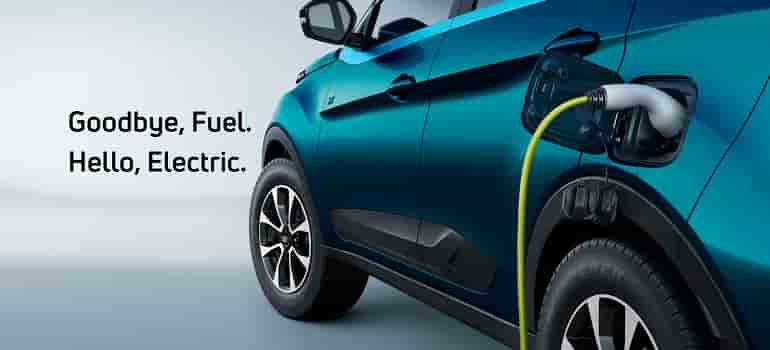Public e-buses see a boost with cleaner and faster charging solutions
Tata Power Renewable Energy Limited (TPREL), a subsidiary of Tata Power, one of India’s largest integrated renewable energy companies, is accelerating the nation’s shift towards electric mobility (e-mobility) with the deployment of over 850 charging points in key metropolitan areas.
This strategic network, spanning over 30 bus depots in major cities like Delhi, Mumbai, Ahmedabad, and Bengaluru, has powered more than 2,300 public e-buses across the country. The robust infrastructure has demonstrably reduced tailpipe CO2 emissions by more than 1 lakh tons, contributing significantly to cleaner air.
“Tata Power’s commitment goes beyond just chargers,” said a company spokesperson. “We’ve also designed and built several bus depots across India, providing a holistic e-mobility ecosystem.”
The charging infrastructure boasts high-capacity fast chargers ranging from 180 to 240 kW, offering an average charging time of 1 to 1.5 hours. This rapid charging capability caters to the demanding operational needs of public transportation.
While Delhi currently leads in e-bus adoption utilizing Tata Power’s charging network, other cities like Mumbai, Bengaluru, Ahmedabad, Jammu, and Srinagar are catching up rapidly. The company is actively collaborating with various OEM operators and state government transport corporations to promote wider e-mobility adoption.
Tata Power offers a comprehensive solution – from developing the charging infrastructure to ensuring a seamless user experience. This includes customized, cost-effective designs, timely execution, and thorough operation and maintenance services. Additionally, the company provides effluent treatment plants and facilitates statutory approvals for smooth business operations.
Aligned with India’s Net Zero goals, Tata Power itself is targeting net-zero emissions by 2040. As a frontrunner in the country’s green energy transition, the company offers a wide range of solutions, from rooftop solar and home automation to smart metering and EV charging, promoting sustainable living. This commitment is further amplified by their “Sustainable Is Attainable” movement, aiming to make green energy accessible and transform sustainability into a nationwide movement.


